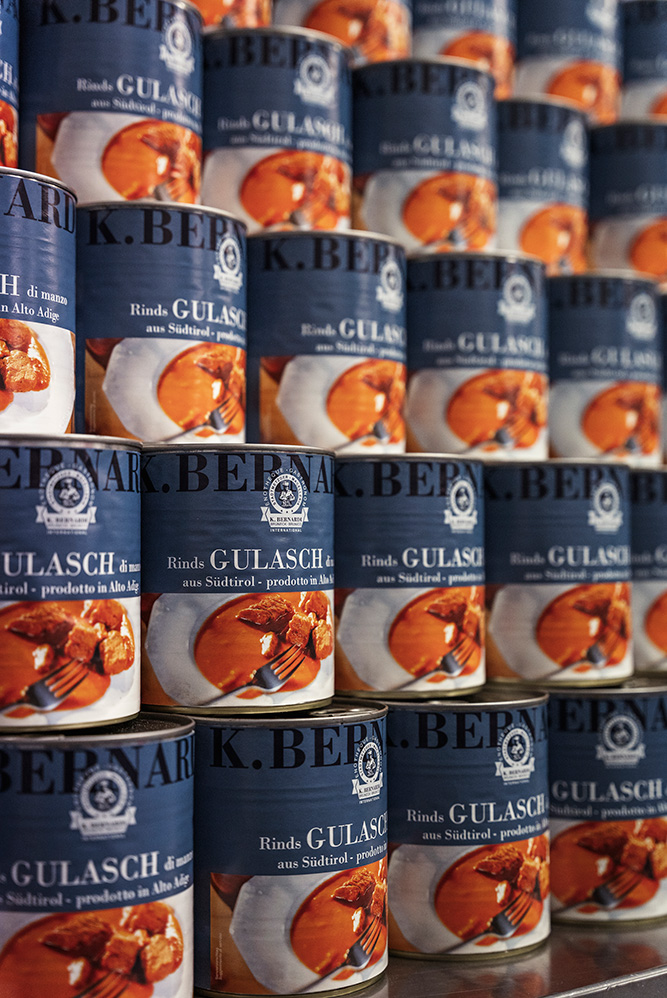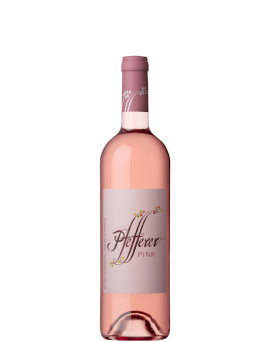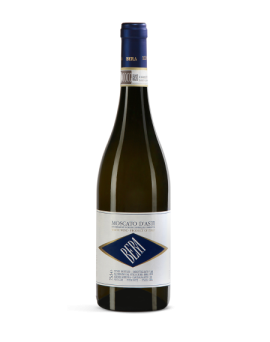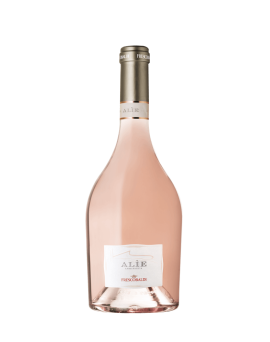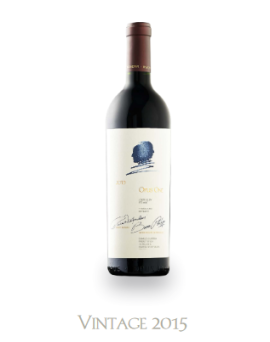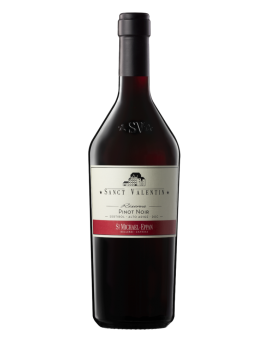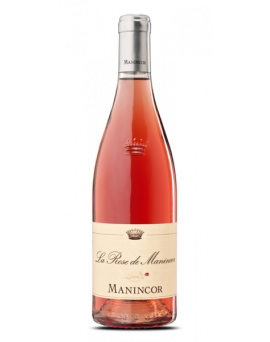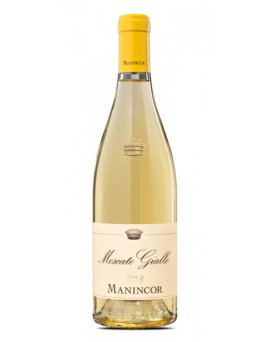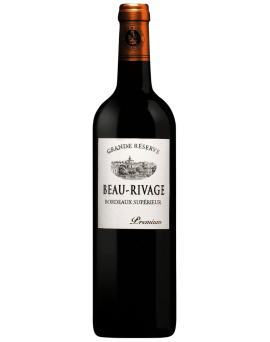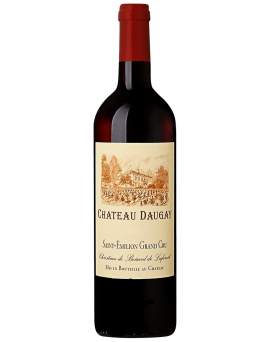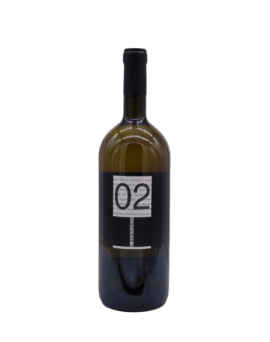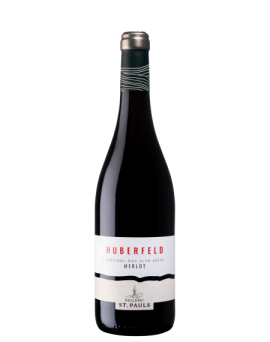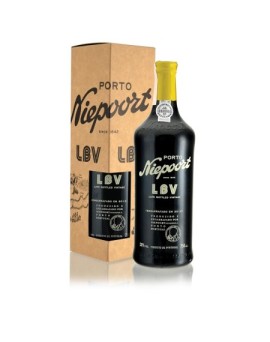Pfefferer PINK Rosé IGT...
Pfeffer PINK<br />IGT Dolomiti Rosato<br /><br />Joy of life 'Pfefferer' in rosé: Clear fruit, fine, spicy notes, pleasant freshness and a bright, pale pink colour.<br />Description: A fresh wine with an appealing aromatic bouquet and a bright rosé hue. Aromas of red berries such as strawberry and delicate peach and spicy notes<br />followed by a stimulating acidity are typical of this palate-pleasing wine.<br />Ageing potential: 2 years.<br />Recommended food: Ideal aperitif wine! Goes well with spicy antipasti and various fish dishes.<br />Serving temperature:10° C.<br />Grape variety: Selected grape varieties that best reflect our growing region.<br />Vineyards: Vineyards on gravelly-sandy soils.<br />Vinification: After a short maceration period, the red and white grapes are pressed and the must is fermented in stainless steel tanks. This is followed by a further ripening<br />phase on the fine lees.<br /><br />Analytical values:<br />Alcohol: 12.5% vol.<br />Total acidity: 5,8g/l<br />Residual sugar: 2,2 g/l<br />
Price
€13.60

